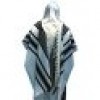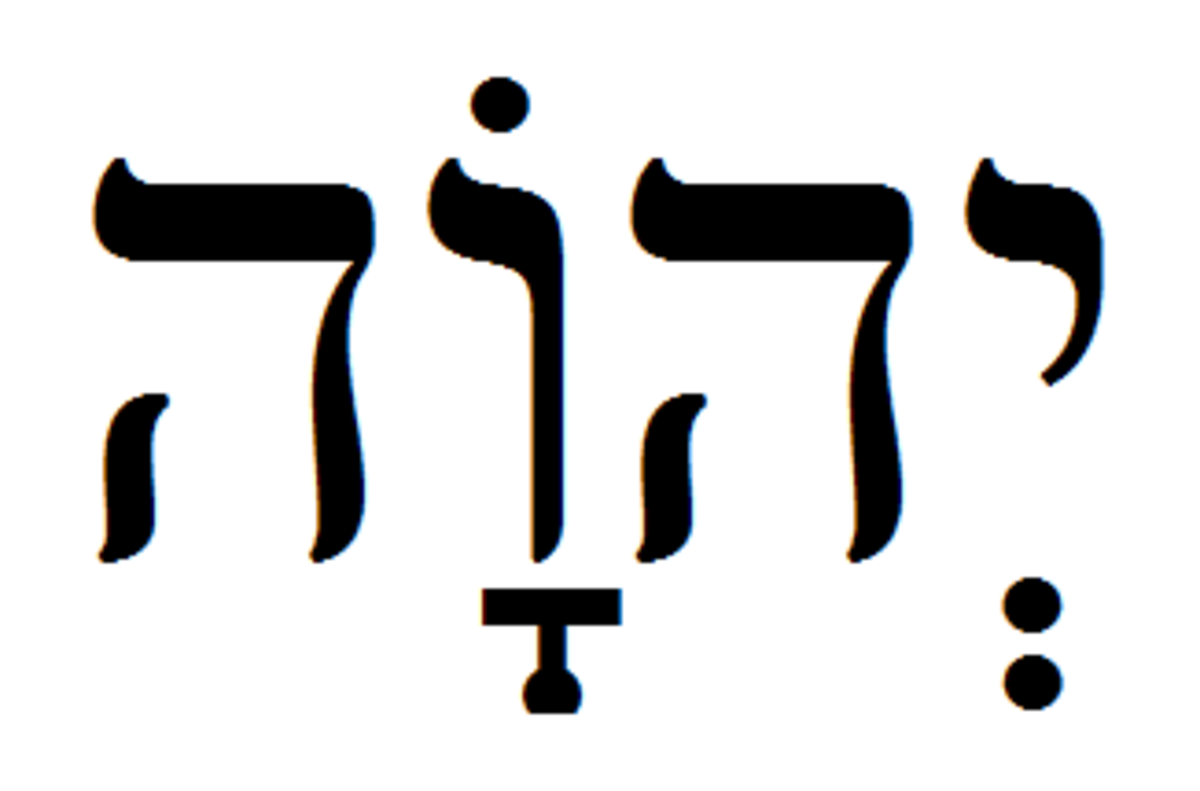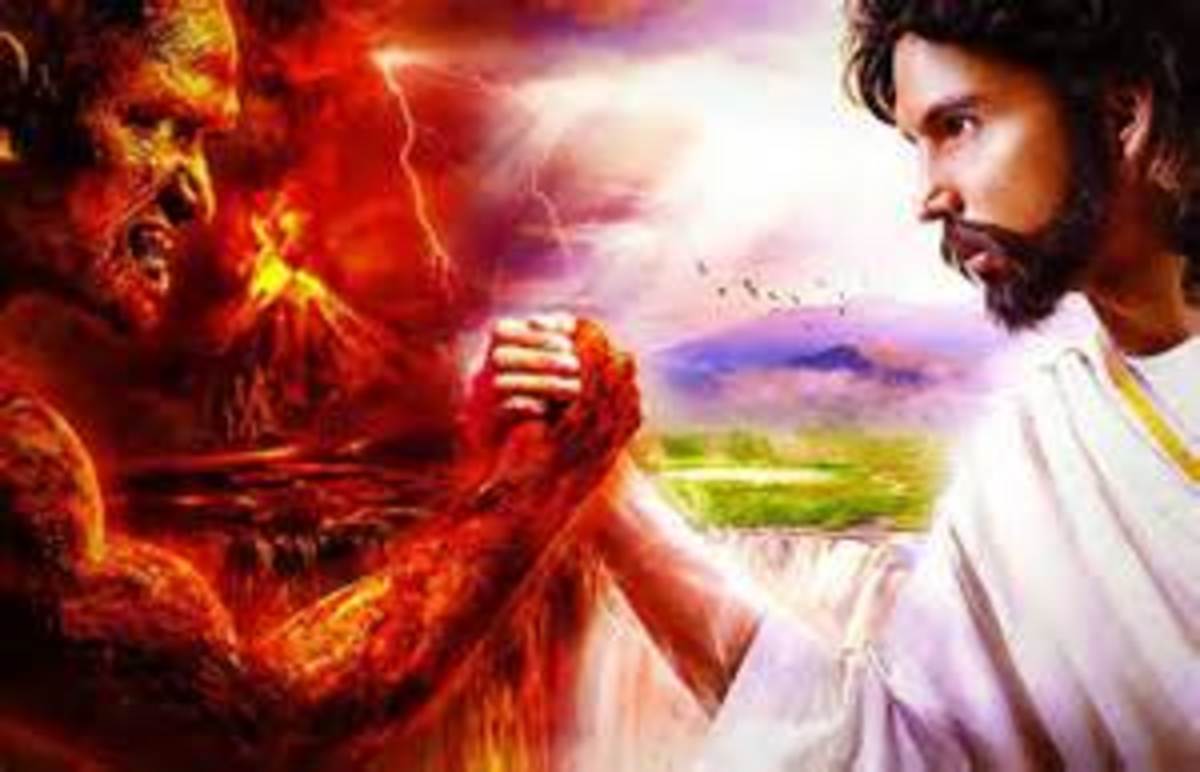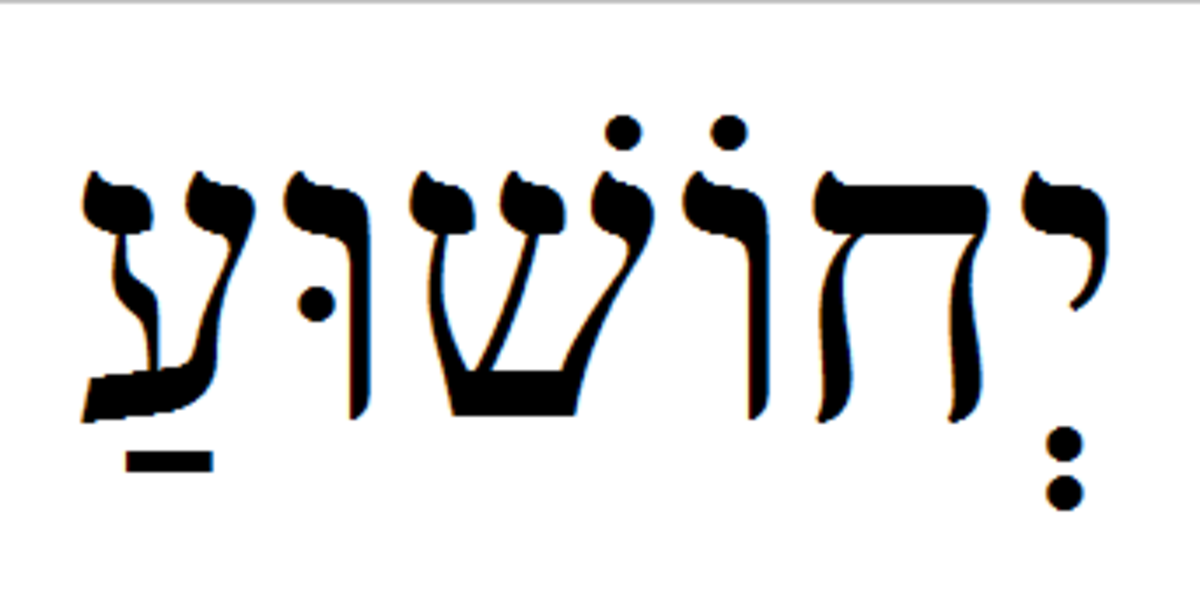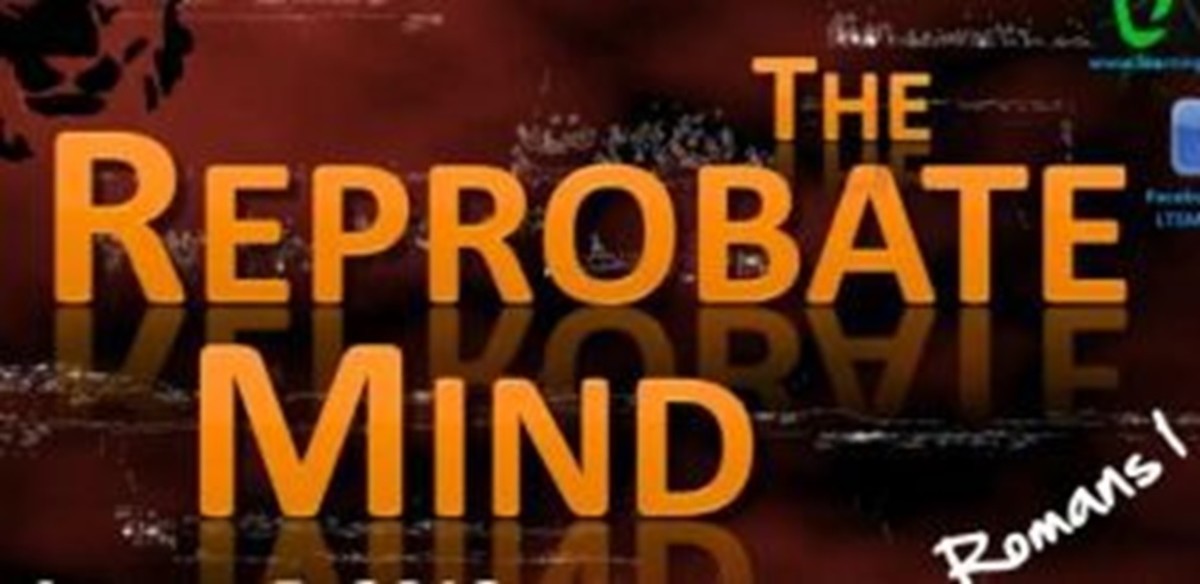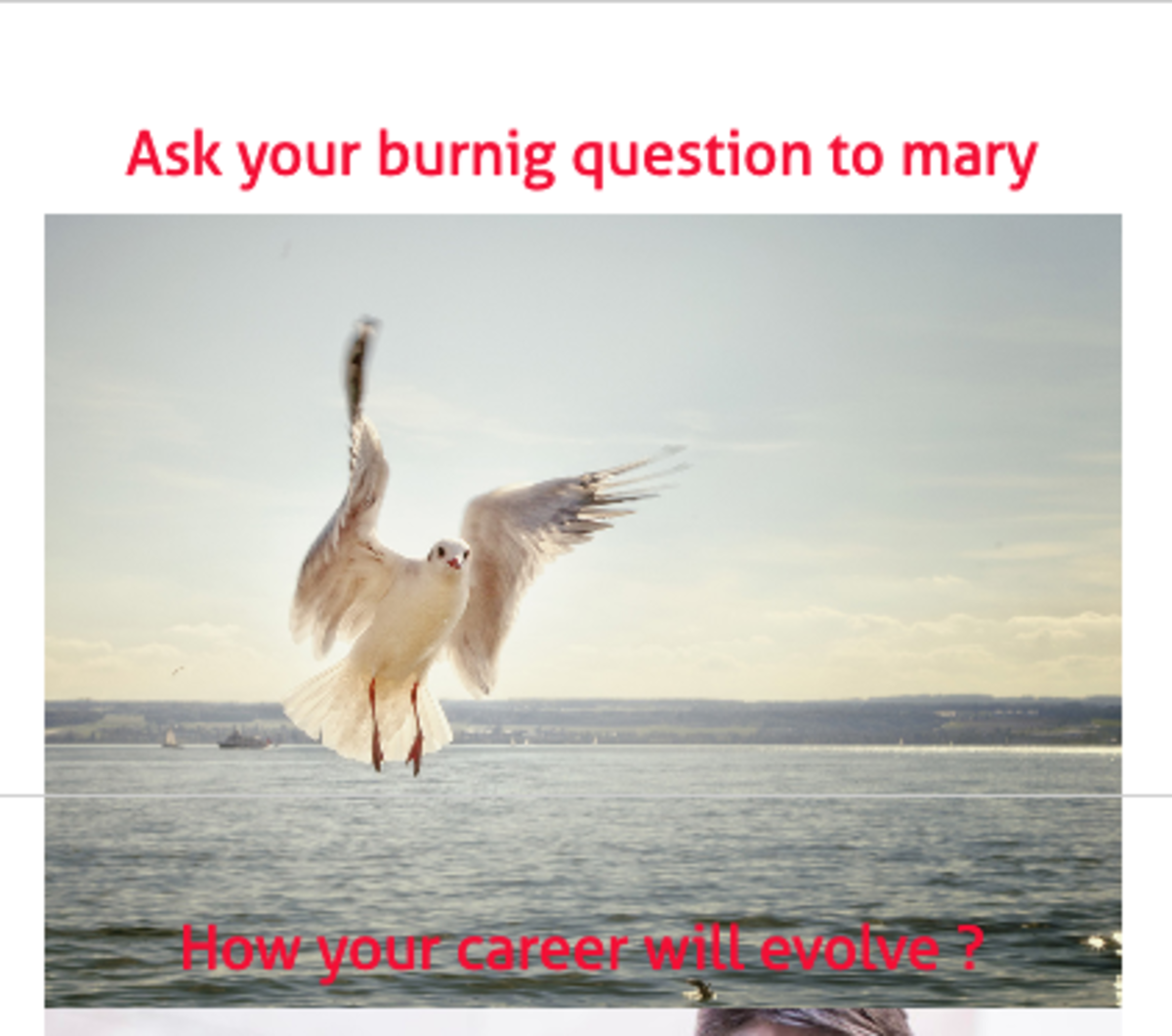Parshat Nitzavim
A Strong Connection of Covenant with the Past and the Future
Parsha Nitzavim is from D’varim (Deuteronomy) 29:9-30:20, and it is a powerhouse of a Parsha (Section).
In verse 9:1, the word Nitzavim means, “standing or positioned” it is a placement. This tells us that someone put the children of Israel there like I would put a cup of coffee on the table. Who is this covenant made with? Who was placed there to receive this covenant? In other words, the Almighty, HaShem, put the children of Israel there in order to make a covenant with them.
In the Hebrew there are at least two words for “before”. One is “neged” which has a connotation of confrontation, opposite of each other, as in opposition. The second is “Lifnei”, which is a crasis (joining together of two words). The “Li” means “to” and the “fnei” means face, together it means to “to the face” and what is does “to the face” mean but to say more properly that which is in front of you.
According to the sages this section took place on the last day of Moshe’s (Moses’) life.
What I find interesting is in verse 9:13 it makes reference to the Covenant being made with those standing with Moshe and “with whoever is not here with us today”.
Oftentimes, people have come up to me and asked me to confirm what they heard. They ask me to confirm if a person can only be a Jew by birth. They ask me this because that is a misconception that they have and it turns a lot of people off the path to drawing close to the Almighty. Well, I ascribe to the Orthodox perspective on this and the answer is no. To be a Jew by Orthodox halakha (Jewish Religious Law) one must be born a Jew by a Jewish mother or go through a Conversion.
Verse 9:13 confirms this to me, where it says, “with whoever is not with us today.” This applies to the follow on generations of Jewish people and the convert. Now of course it is hard, very hard to convert to Judaism, it is the hardest religion to convert to, but is it not also hard to be born into this world? Is it not hard to learn to walk? Conversion is taking on a lifestyle of walking with the Almighty.
There is a Midrash that teaches us that all the Jews stood at Mount Sinai and that means all generations of Jews and Converts had their souls there when HaShem asked who would take on the Torah, the Jews as a nation said do and understand, while the other nations rejected the Torah, however there were people in the other nations that where scream to accept Torah but because their voices where drowned out within their nation they were not heard. This people are the people that become converts.
Another concept in this Parsha is a concept of sin? What is sin? I am sure you can find several definitions. In Hebrew there are several words like “Chet”, which literally means “arrow” and in context it means to miss the mark, like an archer that had a bad day and missed the mark. Another is “Pesha” which means “crime”, and an “Avierah” which means to cross over the line.
Verse 29:28 says, “The hidden [sins] are for HaShem, our G-d, but the revealed [sins] are for us and our children forever, to carry out all the words of this Torah.” However, it does not actually use any word for sin, which is why the text has sins in the brackets. Therefore the hidden what? The revealed what? Tradition teaches us that it is speaking of sin, and this is based on the context that is before it. However, is it possible to have another valid meaning? It is something to deal with carrying out the words of Torah.
The Covenant is made and the Torah is the document of that covenant. This is analogous to marriage being a covenant and the Ketubah (written document) being the marriage agreement.
Verse 30:11-14 says, “11: For this commandment that I command you today – it is not hidden from you and it is not distant. 12: It is not in heaven, [for you] to say, “Who can ascend to the heaven for us and take it for us, so that we can listen to it and perform it?” 13:Nor is it across the sea, [for you] to say, “Who can cross to the other side of the sea for us and take it for us, so that we can listen to it and perform it?” 14: Rather, the matter is very near to you – in your mouth and your heart – to perform it.”
When we look at verse 29:28, and verse 30:11, what is hidden besides sin, it is the mysticism, the mystery of HaShem, and what is revealed. The word of HaShem is revealed for us and our children so that we can carry out the word of Torah. What HaShem wants from us is not hidden, what HaShem commands us is not hidden, and HaShem has not given us an impossible task. That which is hidden in the mysteries of his Love, the mysteries of his Being, the mysteries of creation, but what HaShem wants is clearly written in the Torah time and again, and that is to love HaShem with all your heart, soul and might as is written in Deutronomy 6:4, and to love our neighbors that is the summation of the law, that is the summation of the Ten Sayings (Ten Commandments, have dealing with our love to HaShem and the other half dealing with our love for our fellow human beings.)
In verse 30:15, HaShem is giving us a choice. He has placed in front of us life and good on one side and the death and evil on the other side. He placed his commandments on the side of life and good since HaShem is the Creator of all things he knows how all of creation should interact, the Torah he places on the one side with life. The Torah is the owner’s manual to a good life. HaShem is our Father in Heaven, the Father of all Creation, and as such he desires good things for us. I am a father, and I have rules and laws for my sons, for example I tell my sons not to run out in the street, and since they are young they might not understand why I am restrictive with them, however I understand and they learn to obey out of fear and love for their father. The same is true for us, some laws make perfect sense and we obey. Some do not but we still need to obey out of fear and love like a child to their father because we trust our Heavenly Father.
The last section of this Parsha that draws attention to me is verse 30:19, and it says “I call heaven and earth today to bear witness against you, I have placed life and death before you, blessing and curse; and you shall choose life, so that you will live, you and your offspring.”
The heaven and earth was around when Adam was created and the heaven and earth will be around long into the world to come. They are powerful witnesses to a powerful statement. So what do you choose - life and blessings, or curses and death? I chose the life, and thank the Almighty for it.
